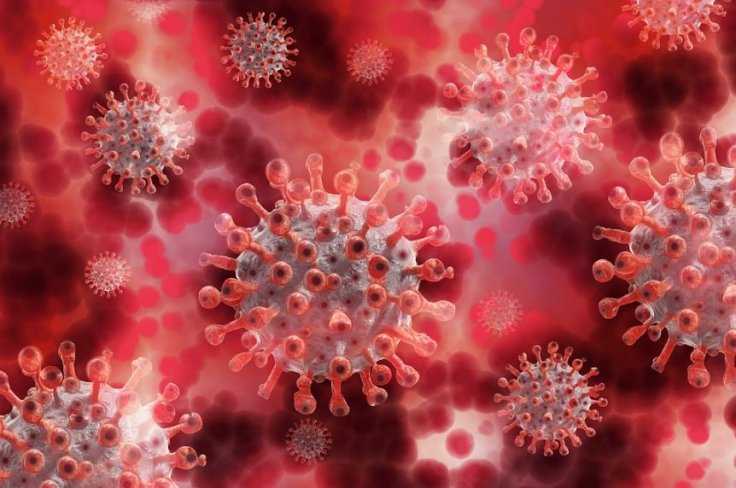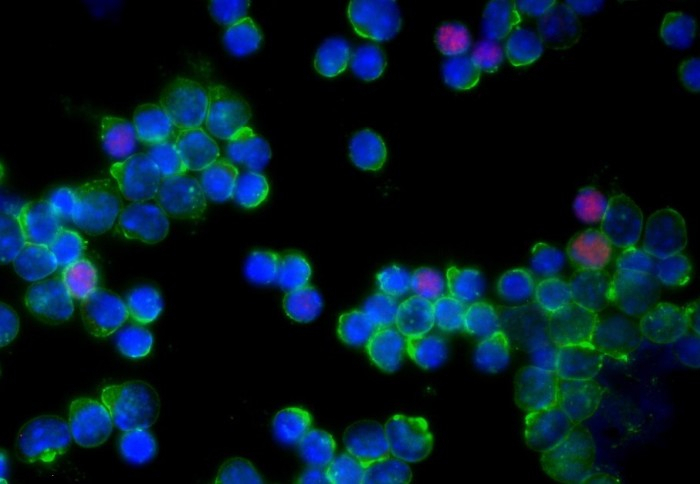The virulence of SARS-CoV-2 coronavirus is unprecedented. However, while it spreads rapidly; its effect on infected individuals has been largely varied. From mild headaches to chronic respiratory failure, the outcomes have been diverse. Now, a study has found that an out of control immune reaction could be an underlying mechanism behind acute COVID-19 cases.
According to a study by researchers from Imperial College London, samples acquired from the lungs of COVID-19 patients shows that an overreaction of the immune system and the failure of a crucial safeguard mechanism to control this results in extensive damage to the body.
A Crucial Immune Safeguard

When the human body is under attack from pathogens such as viruses and bacteria, the immune system launches a wide range of immune responses. T-cells, a type of lymphocyte or WBC, form an integral component of such actions. They play a wide variety of roles; from destroying infected cells to attracting more T-cells to the site of infection.
However, the reaction of the immune system to pathogens can be excessive occasionally. For example, during allergic reactions. This causes T-cells to attack healthy cells as well. Fortunately, a 'brake mechanism' exists that enables the subsiding of this aggravated retaliation of T-cells. It is the failure of this safeguard that makes COVID-19 severe in some patients the authors found.
"We desperately need new ways to reduce the impact of COVID-19 in severely affected patients. This starts with understanding exactly what is going wrong and causing them damage. We hope this study will go some way to answering this question, and lead to new tools to fight the disease," said Dr. Masahiro Ono, lead author of the study, in a statement.
Looking At Lung Cells for Answers
For the study, the authors examined samples from the lungs of six COVID-19 patients from China who exhibited adverse symptoms of the disease. Next, these samples were compared to the samples collected from the lungs of three patients with moderate cases of the infection and three healthy people.
Despite the samples being from a fairly low number of patients, the team successfully studied the usage of genes within single cells. This helped them acquire precise details of the immune response. Also, the method enabled them to analyze rare cells and their dynamics, which could not have been possible using standard methods.
Failure of the 'Breaking' Immune Mechanism

The discovery made by the scientists was nothing short of concerning. Their analysis revealed that the lungs of patients suffering from severe COVID-19 had gathered a wide range of 'hyperactivated' T-cells, suggesting the failure of the brake mechanism. According to the authors, the overreaction 'paralyzes' the T-cell system overall. This causes its failure to fight the virus, as well as leading to more damage to the lungs by means of tissue damage and acute inflammation.
Through further investigation, the scientists discovered that a protein known as 'Foxp3'—which regulates the inducing of the brake mechanism—is impaired within the lungs of patients with severe COVID-19. The team is still unaware of the reason behind the inhibition of the protein. However, future studies to explore the link could potentially lead to a measure through which the immune brakes on the activity of T-cells can be controlled, and reduce the severity of the infection.
"Our study looked at just a few patients, but analyzed thousands of their cells in great detail, revealing a new mechanism of COVID-19 worsening. With more study, we hope to further understand the mechanism of Foxp3 inhibition, and potentially, how to reverse it," concluded Dr. Bahire Kalfaoglu, first author of the study.









